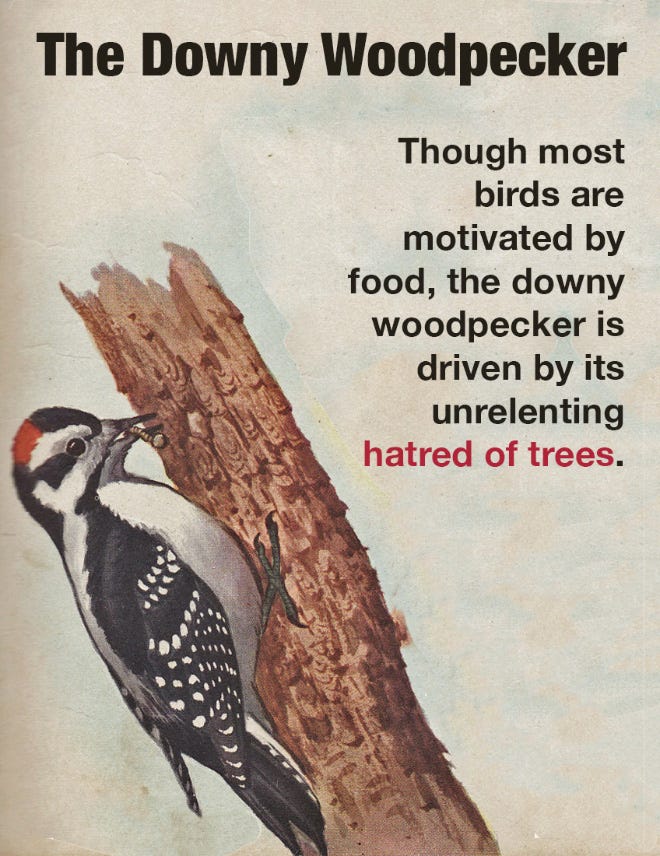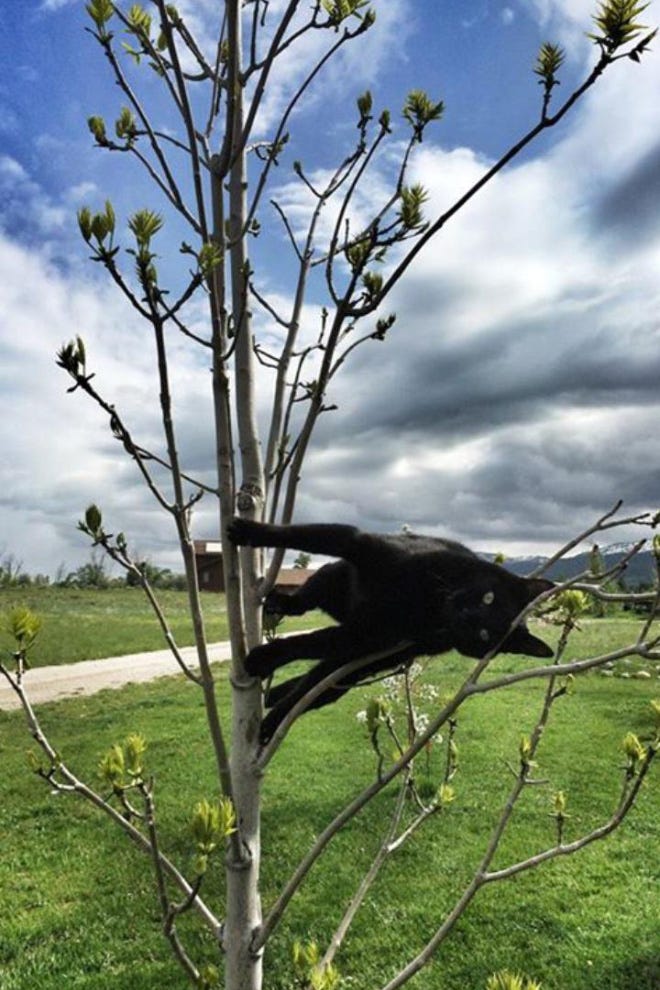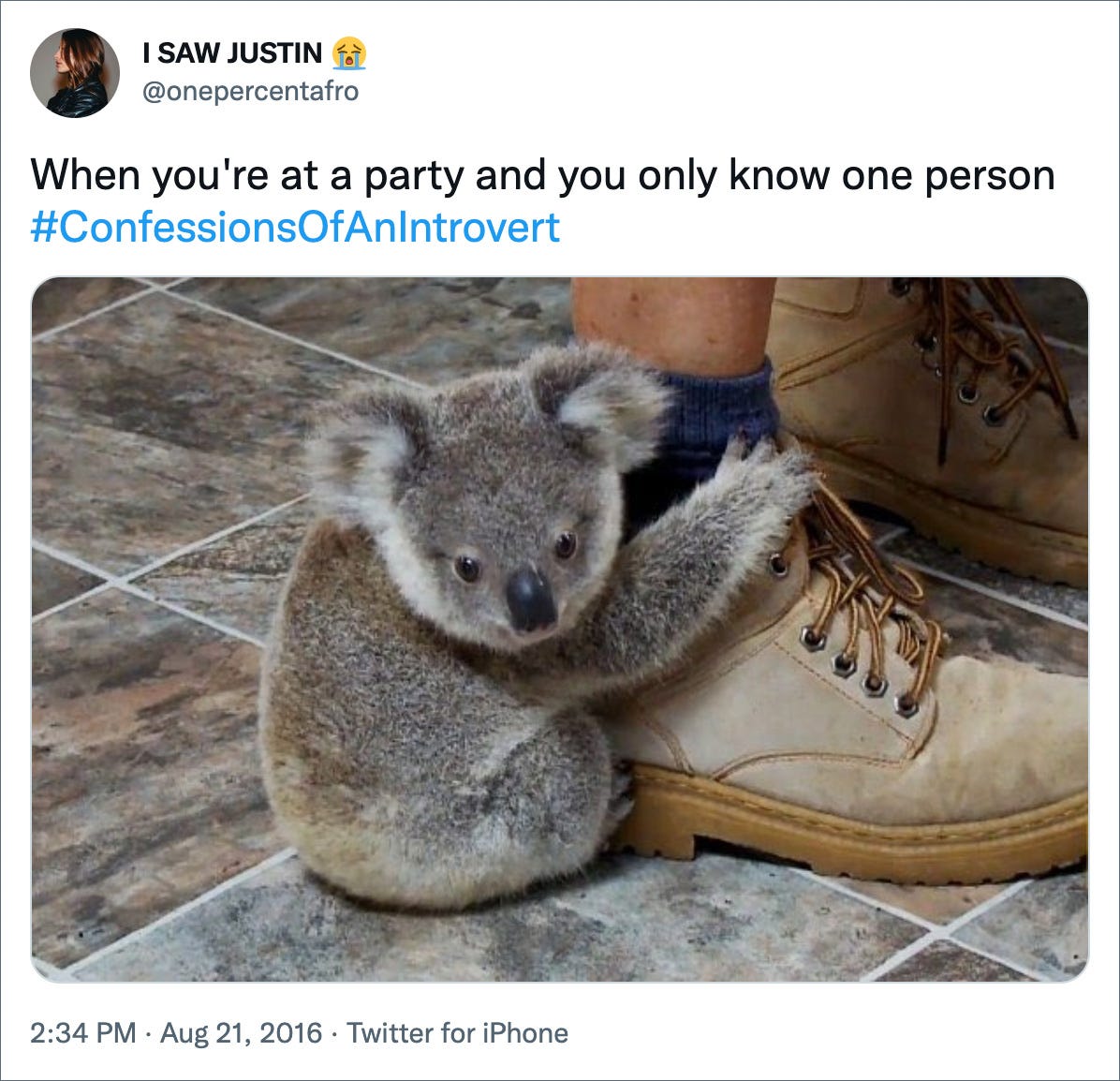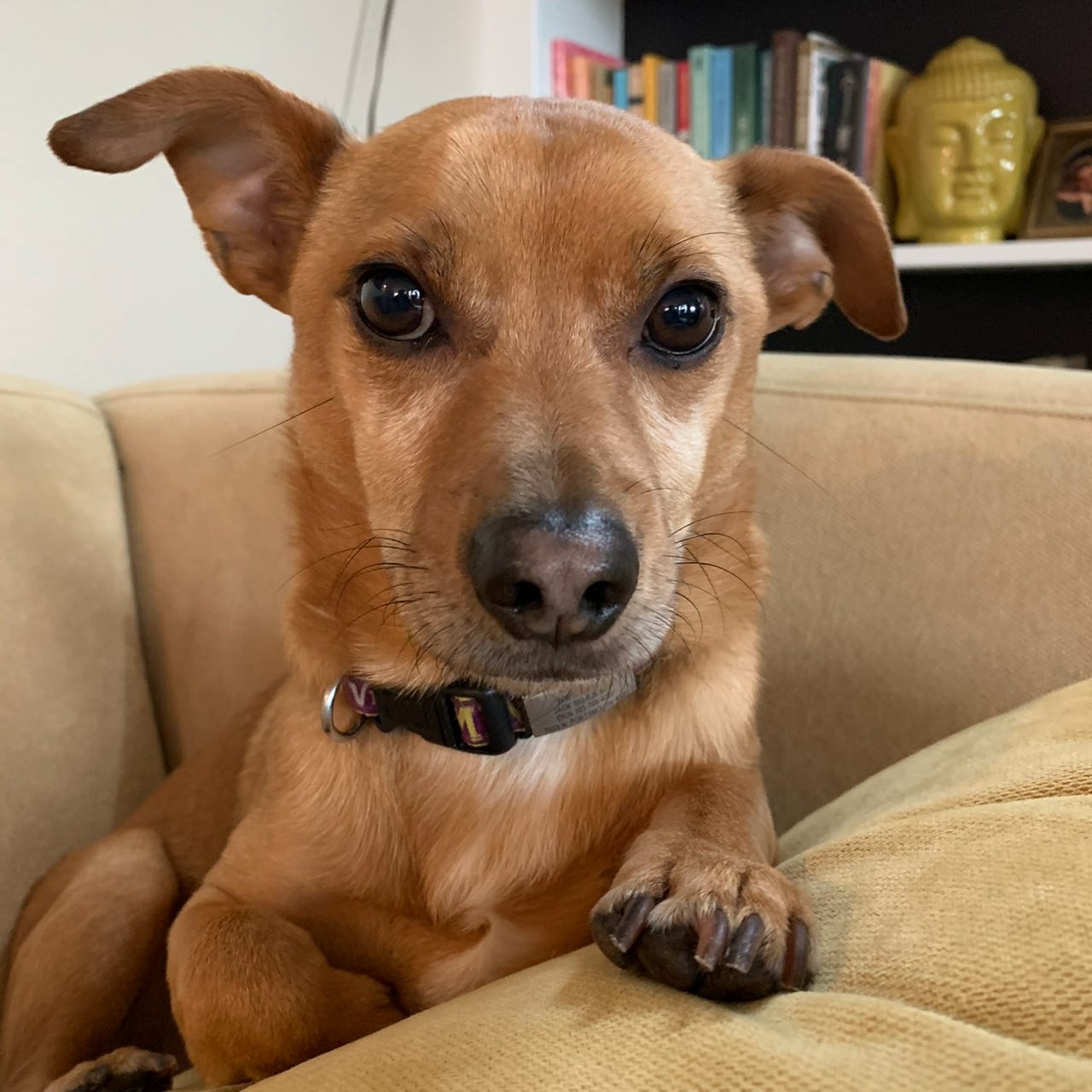I’m not scared of death. I just don’t want to be around when it happens.
Woody Allen.
Like many of my contemporaries, I find myself at the point in life where people begin to slip away- not from inattention or being too wrapped up in their own lives, but from being claimed by the Grim Reaper. At 62, death has become a much more regular part of the rhythm of life. It’s not that I fear death or lay awake at night thinking about it, but it seems I’m constantly learning of people who’ve mad that permanent Irish goodbye.
It’s happened in my own family. My father dropped dead, we think of a heart attack, about two-and-a-half years ago at 82. He went out to work in his yard one July morning, and Mom never saw him alive again.
I knew it was coming- he’d been growing progressively frailer- but I was still wholly unprepared for the shock and finality of losing a parent. Getting that call was one of life’s cruel jokes. I’ll spare my gentle reader the details, but save for the part about my father having died it was quite humorous. Except that it wasn’t in that moment.
My father and I were never close. We spent the first 18 years of my life at war with one another. Even so, he my father. He was half of my DNA, and over the last few years of his life, I found a way to let go of my anger and love him for what he was. He’d had a stroke at 53 and lived the last 29 years of his life with only the ability to speak in short sentences.
(Mom LOVES cats and HATES Donald Trump with every fiber of her being.)
Dad could say, “I love you,” and he could laugh, which was about it, but he did what he could in the way he was able. In the end, that was enough. It had to be; it was what he had to offer. It was all he could do, and I found a way to be OK with that.
I remember looking at him as he lay in his casket at the funeral home. I found it hard to believe that the man before me was the same one I’d battled for so long and that he was no longer with us. I kept expecting him to open his eyes and smile at me, but I knew that time had passed. So before the lid was shut for the final time, I took off my college class ring and put it inside the casket next to his hand.
I don’t know what possessed me to do that; my class ring had always been one of my most prized possessions. I was the first in my family to attend college and get a Bachelor’s degree. That ring symbolized my overcoming so much, and I’d worn it proudly for many years. And yet it felt right for him to have that part of me with him.
When we buried him later that morning, I knew that ring would always be with him. Perhaps it was a futile gesture, but it meant something to me, and it was the last chance to show him that despite everything that went down between us, I loved him. He was my father, after all, and he helped give me life. And for that, I couldn’t help but love him and be grateful.
My mother and I have grown much closer in the almost two-and-a-half years since Dad died. Though I live on the West Coast and am two time zones away from southeastern Minnesota, I get back whenever possible.
Mom married Dad three days after she graduated from high school. I was born ten months later. By the time Mom was 24, she’d had all four of her children- all boys. When Dad died, they’d been married 61 years. In the span of that moment it took Dad’s heart to stop, she was on her own at 79 for the first time in her life.
I stayed with her for three weeks after Dad’s funeral to ensure she was OK. I’m sure she had her private moments where she cried and mourned the loss of her husband, but with me, she was remarkably confident and composed. I know her well enough that I could tell she was grieving, but there was work to be done, and we needed to get to it. And so we did.
During those three weeks, we pretty much turned her life upside down. We cleared out the garage and much of her house (it’s incredible how much stuff you can accrue after 35 years in the same house). I also spent time determining what she needed in the future. I began determining if there was any money or services for which she might be eligible. My youngest brother, Patrick, began calling government offices to see if my father had left any insurance policies.
Patrick got lucky when he learned that my father had purchased an insurance policy way back when that left Mom a tidy sum of money, enough so that she’d be in good financial shape. That managed to assuage what had been up until then my biggest fear.
When I went home, Mom was in a pretty good place. Because she was still living in southwest Wisconsin, where Mom and Dad had lived for 35 years, my nearest brother was more than two hours away. In short order, though, she managed to sell that house and buy another one in Zumbrota, MN, just four doors down the hill from my youngest brother and his wife. Because they’re the closest relatives, they’ve taken on the burden/challenge of looking after Mom, and they’ve done an impressive job.
My mother is not always the easiest person to care for, but her heart’s in the right place. After 61 years with my father, I can’t blame her if she’s still adapting to life alone. I can’t begin to imagine what that must be like, and so I try to be as gentle and compassionate as I can. She’s 81, her health is sometimes precarious, and she talks to her cats. All things considered, though, life could be worse, and she’s navigating it pretty well.
I feel guilty sometimes because I live too far away to be of much help (but I’m not moving back to Minnesota), which is why I try to go back there whenever I can. It’s not as often as I’d like, but it’s what I can do.
Mom just turned 81 this past March, so we’re not dealing with an unlimited amount of sand remaining in the hourglass. Each time I go back to Minnesota, I don’t know if it’s the last time I’ll see her alive, which means that leaving to return home is tough. I don’t want to go, but I have to. My life is back here in Portland.
Serious cardiac problems run in our family (I have two arterial stents), so it wasn’t surprising to hear that she’s been having some issues lately. Her doctor has had her wearing a home heart monitor, and a couple of nights ago called her and told her she needed to come into the ER.
Patrick took her to the Mayo Clinic in Rochester, about 20 miles down the road. Within a few minutes, she went from “we’ll see you in a couple of weeks" to being tossed onto a gurney and wheeled into surgery to have a pacemaker installed.
Thankfully, that seems to have taken care of the problem, but Mom will be limited for at least a few days. So on Saturday, I’m heading back to Minnesota to help her in whatever way I can. It’s hard to explain, but as the oldest son, I feel responsible, but there’s more to it. We’ve become much closer recently, and that’s become increasingly important to me.
There’s also the reality that I each time I see her may be the last time I see her alive. As much as I hope she lives forever, I know that’s not going to happen and that I’ll probably lose her sooner rather than later. And as much as I try to prepare myself for that eventuality, there’s no way I’ll be ready for that day. And I know it’s going to hit me hard. Just writing this is emotionally challenging.
A friend of mine said, “It’s a part of life, but it sucks.” We all experience it at some point, but no matter how or when it happens, it sucks. An old college girlfriend lost her father when a hurricane overtook his sailboat. All these years later, she still doesn’t have his body to bury. It sucks, no matter how it goes down.
My sincere hope is that my week in Minnesota with my mother will be uneventful and that I can help her get back to something resembling normal. And I hope I’ll be able to return home to Portland feeling as if I’ve left her better than I found her.
Still, I know the day will come when I’ll get the call, probably from Patrick, telling me that Mom has passed. What then?
I wish I knew. All I know is that it’s going to suck.










My mom is 92 and now has heart failure. I know how you feel. Thanks for the story that's so relevant.